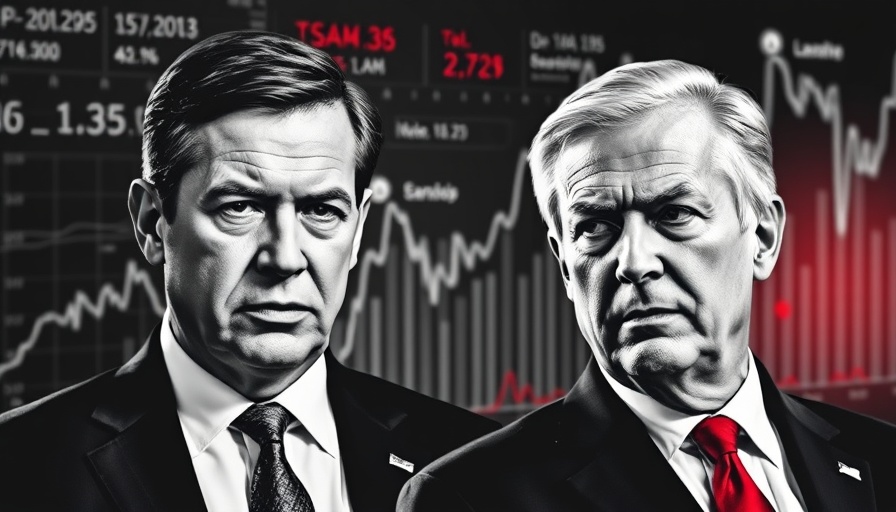
Is Politics Becoming a Game of Division?
The rise of populist figures like Donald Trump and Nigel Farage prompts a critical question: how did traditional political landscapes create space for their emergence? The decline in trust toward political establishments has left many feeling unheard, leading to a void that these charismatic leaders rush to fill.
The Role of Establishment Politics
Establishment politics, marked by entrenched party loyalty and an increasingly disconnected elite, historically catered to a specific voter base. This has shaped negative sentiment over time, creating a breeding ground for discontent. When political insiders fail to address the needs of average citizens, they inadvertently cultivate an environment ripe for outsiders. Trump’s and Farage’s successes underline this critical shift, as voters sought alternatives to mainstream politics.
Understanding Voter Disillusionment
Voter disillusionment arises from a perceived disconnect between citizens and their representatives. Many feel alienated, perceiving that their voices do not resonate within the political halls where decisions are made. This amplified discontent set the stage, allowing both Trump and Farage to position themselves as champions of the 'forgotten man.'
Making Sense of Populism
Populism often thrives in turbulent times, riding waves of economic uncertainty and societal unrest. Economies that favor globalization have increasingly marginalized certain groups. Consequently, the need for a representative voice becomes paramount, and leaders who claim to speak directly to these concerns have gained momentum. Trump capitalized on this through his rhetoric and promises of putting America first, while Farage echoed similar sentiments across the pond.
What’s Next? Future Implications of Populism
The implications of this shift toward populism are far-reaching. As established parties grapple with reduced influence, there is a risk of political fragmentation. The potential for more candidates like Trump and Farage entering the political arena cannot be understated. Understanding these dynamics is essential for how future elections may unfold.
Connecting This to Personal Finance
The landscape of political unrest often extends into financial domains. For many, economic decisions are deeply intertwined with political realities. As voters navigate uncertain landscapes, understanding how political choices affect economic policies becomes crucial for personal financial planning. More than ever, voters must ensure their interests align with candidates’ platforms, making informed decisions based on how these choices can directly impact their financial futures.
The Bottom Line: An Engaged Citizenry
As citizens, understanding the political mechanisms that contributed to the rise of populism will empower voters to engage more actively with the democratic process. Informed voters can advocate for policies that reflect their needs and push back against ideologies that perpetuate division. Engaging in political conversations and being considerate of various viewpoints fosters a healthier political climate.
In summary, the political establishment inadvertently paved the way for figures like Trump and Farage by neglecting the voices of the electorate. As voters, it's crucial to recognize trends in politics that affect not only governance but also our financial wellbeing and future. Engaging thoughtfully in these discussions is the first step toward meaningful change.
 Add Row
Add Row  Add
Add 




Write A Comment